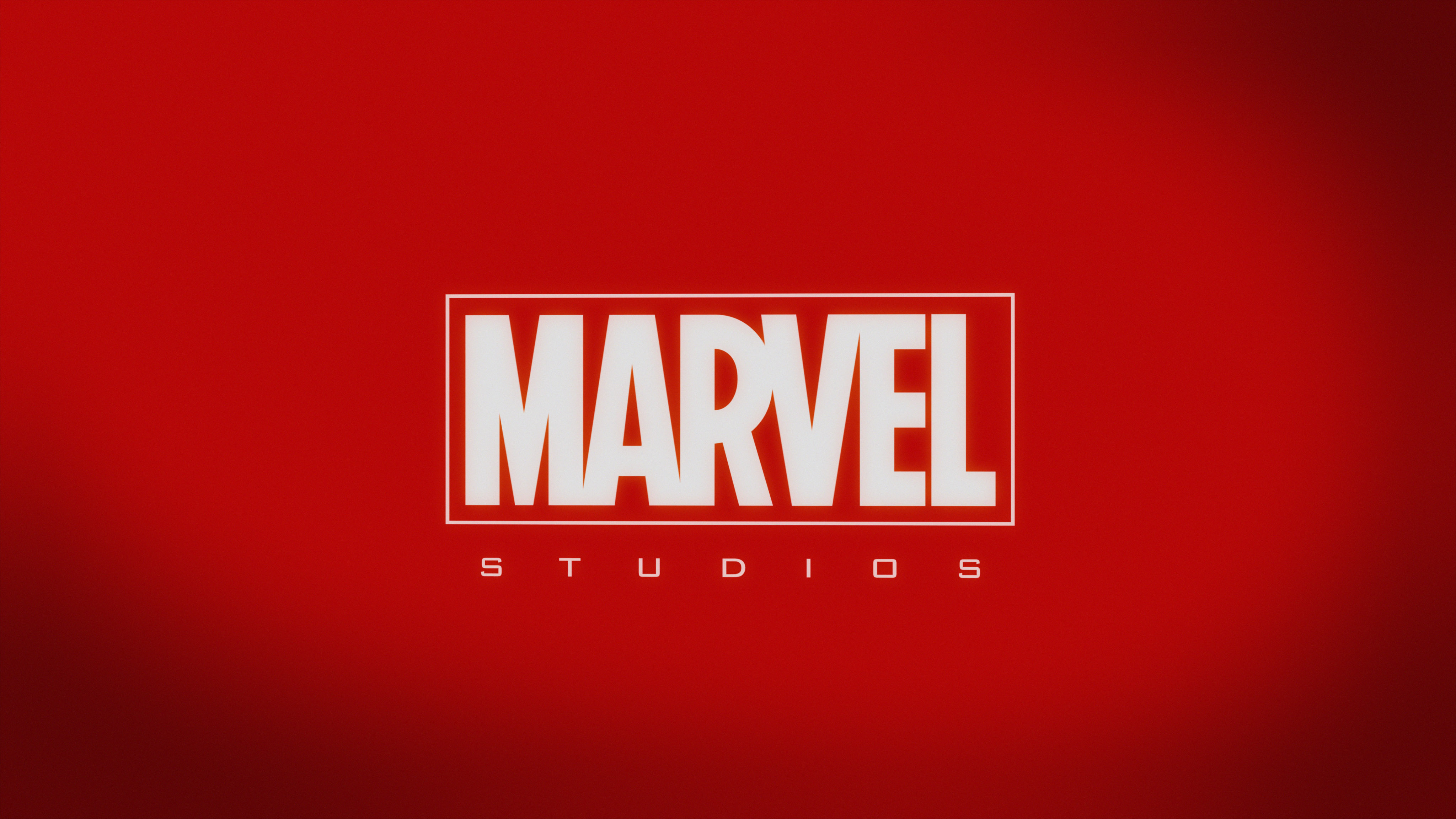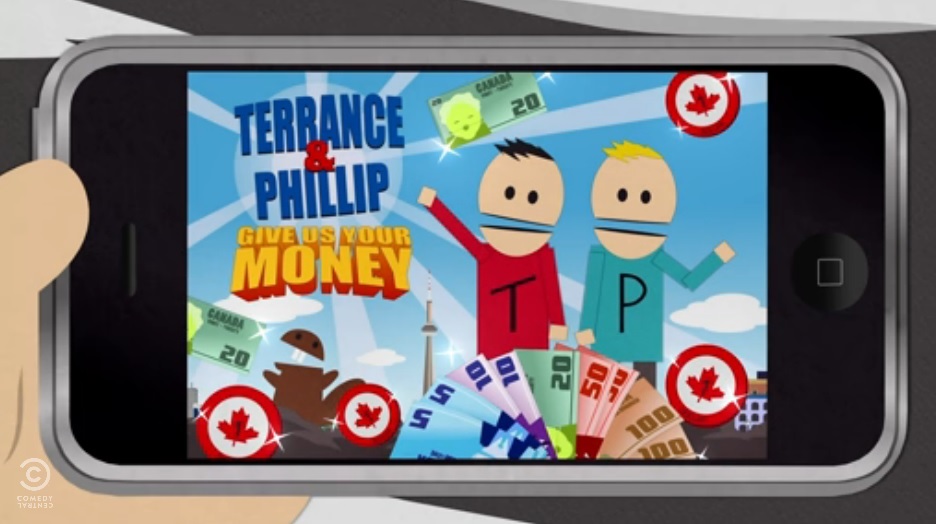“If the United Nations was fully funded why would we need the Arc or social enterprise?”
While the United Nations has done much for the world in times of crisis, and has improved living conditions in the world drastically through agencies such as the World Health Organization (WHO), it does not replace the need for social enterprise.

The WHO has led many successful campaigns, eradicating diseases like smallpox.
Source: http://fenwayfocus.org/wp-content/uploads/2013/07/who-logo1.jpg
There are key fundamental differences between charity and social enterprise. The United Nations provides aid that attacks symptoms of a problem, rather than cause. Social enterprise aims to improve conditions through entrepreneurship, improving the skills of individuals so they can fix problems that arise. Where aid is a temporary bandaid to larger problems, entrepreneurship gives individuals the toolkit to completely fix said problems. The United Nations and similar charity work provide help for the short term. Social enterprise teaches the skills to make create sustainability.

Give a man a fish and you feed him for a day; teach a man to fish and you feed him for a lifetime.
Source: http://experiencelifefully.com/wp-content/uploads/Teach-a-Man-to-Fish.jpg
Programs like ARC are not charities, instead focusing on the principles of social entrepreneurship. Where the UN and charities focus on short term issues or crises, social enterprise focuses on the long term improvement of its beneficiaries. It is important that the two coexist.
External Source:
http://news.bbc.co.uk/2/hi/special_report/1998/health/47191.stm
















